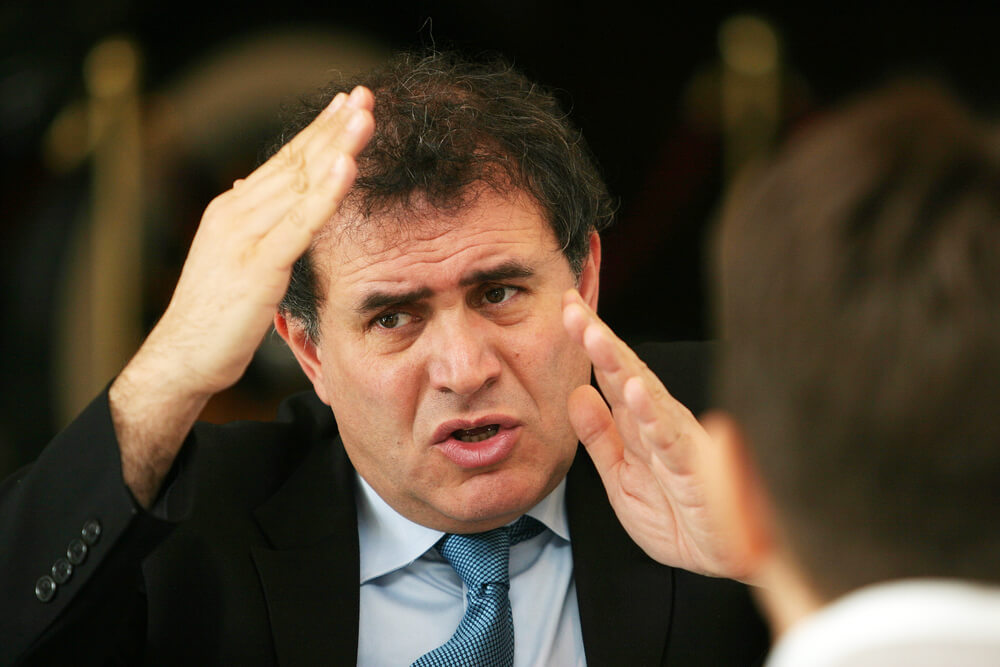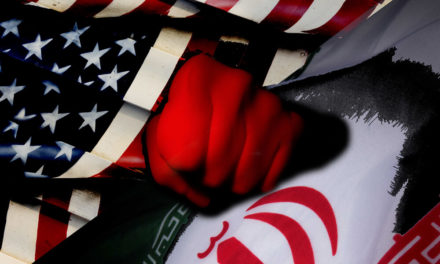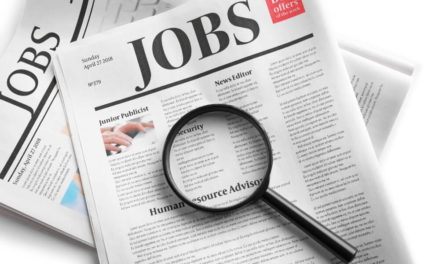Nouriel “Dr. Doom” Roubini said the stock markets, including the three major U.S. indexes that all ticked to record highs this week, are seriously underpricing the threat Iran still poses after the assassination of Gen. Qassem Soleimani.
After U.S. President Donald Trump ordered the drone strike that took out Iran’s second most popular leader at the Baghdad International Airport, Tehran retaliated with missile strikes at two Iraqi bases housing U.S. Troops. Luckily, no Americans were killed and Trump said Wednesday Iran “appears to be standing down” after the largely symbolic attacks.
But not so fast, says Roubini, a U.S. economist and chairman of Roubini Macro Associates.
“I do not think the risk is gone. The markets are seriously under pricing these particular geopolitical risks. Markets are essentially assuming that maybe after this attack by Iran on the U.S. base, not much else is going to happen,” Roubini said in an interview with ETNOW. “We are going to go back to the previous status quo. That is the most positive scenario. An extreme scenario, of course, will be of a full-scale war. Maybe that is unlikely because neither Iran nor the United States and Trump want a full-scale war. But in between those two scenarios, there is going to be a series of confrontations between the U.S. and Iran — directly or indirectly — using some of the local proxies.
“Iran could unleash proxies in Iraq, in Syria, even against Israel. There could be other attacks against U.S. assets in bases either in the regions or terrorist attacks in the rest of the world, cyber attacks, and there could be a confrontation even within the Gulf. That would also constraint production and export of oil. That is a middle scenario of not a full-scale war but not normalcy either. My worry is that oil prices are going to go well above $70 per barrel, closer to $80 per barrel.”
If there is a full-scale war, Roubini says, oil could rise above $100 a barrel, leading to a global recession. But even the middling scenario would present a shock to the global economy and business and investor sentiment would decline, causing a global correction in equities.
Roubini then discussed a topic that has been on the lips of traders around the world for the better part of 18 months: the U.S.-China trade war. Markets ticked up to new record highs seemingly every other day during the last couple months of 2019, due in part to a phase one trade agreement, hopes of a soft Brexit in the U.K. and the Federal Reserve, European Central Bank and emerging market central banks cutting rates.
“My view about U.S. and China is that first of all the deal is really a skinny deal. It is a mediocre deal because essentially new tariffs have not been imposed and much of the existing tariffs have not been rolled back in exchange of the Chinese buying more American farm products,” Roubini explained. “It is really a mediocre deal and it could even unravel over time.
“But the point that you referred to — the strategic rivalry between the U.S. and China — a rising power facing an existing power leading to what geopolitical experts call ‘disruption’ is going to continue. For the medium term, rivalry will be over who is going to dominate technology — be it AI, 5G, biotech, electric vehicles, autonomous vehicles, biotech engineering. So this rivalry is going to be in the area of technology, information, knowledge, trade, investment, FDI restrictions and also in the currency area. This will also encompass restrictions on mobility of labor, scholars, students and so on.”
Finally, Roubini discussed his recession outlook, and his baseline is of a limited, contained conflict between the U.S. and Iran, sending oil prices toward $80, if not slightly above that, causing a slowdown — but averting a full-blown global recession.
“My baseline for this year is not a global recession yet. I think global recession could occur if the confrontation between the US and Iran escalates to a full-scale war,” Roubini said. “That would lead the oil prices above $100 per barrel and that is not my baseline.”




